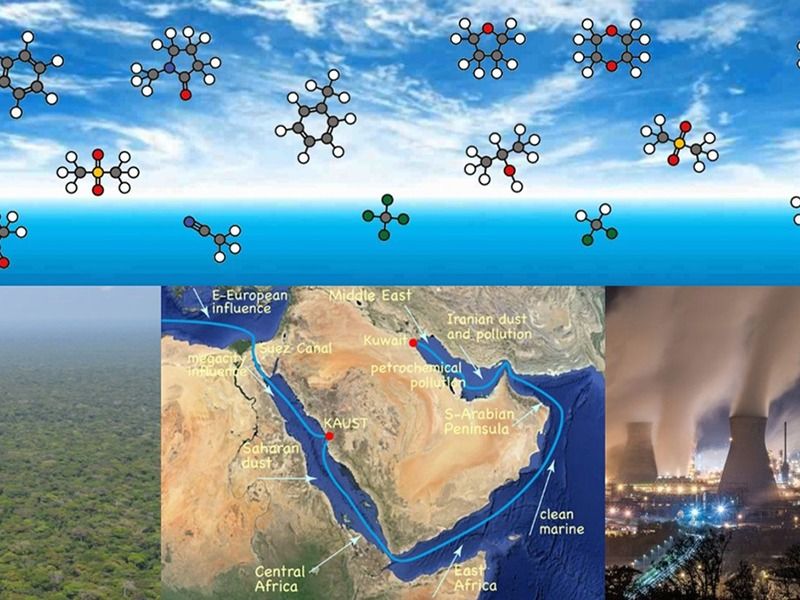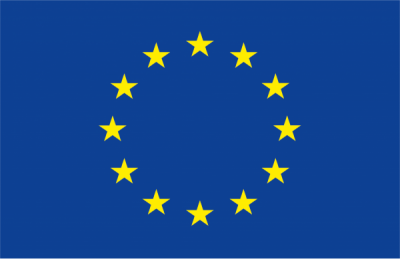
Colloquium: Reactive Trace Gases in the Earth’s System
Event Details
Date: Thursday, 5 May 2022
Time: Starts: 16:00
Venue: Events room, Novel Technologies Laboratory (NTL), 20 Konstantinou Kavafi Street, 2121, Aglantzia, Nicosia & Online at The Cyprus Institute Facebook event page and YouTube live stream
Speaker: Dr Efstratios Bourtsoukidis, Assistant Professor, Climate and Atmosphere Research Centre, The Cyprus Institute.
The webinar will be in English and the live stream is open to the public. You are welcome to attend the reception after the event.
Live streaming of the discussion will be available on The Cyprus Institute Facebook event page and YouTube live stream
Images and/or recordings of our open public events may be used by The Cyprus Institute for dissemination purposes including print and digital media such as websites, press-releases, social media, and live streaming.
Abstract
Reactive trace gases and in particular Volatile Organic Compounds (VOC) are extensively studied around the globe due to their importance in atmospheric chemistry and their utility in emission source and chemical sink identification. They are primarily emitted by terrestrial vegetation in response to biotic and abiotic interactions and are of interest in atmospheric research because they influence the oxidative capacity of the atmosphere and contribute to the formation of secondary organic aerosols.
When emitted by anthropogenic activities, they act as precursors of tropospheric ozone, which in turn has negative impacts on air quality, human health and climate. In this talk, the environmental importance of both biogenic and anthropogenic VOCs will be addressed through diverse studies that uncover the research needs in the East Mediterranean and Middle East (EMME) region and shape the research activities of the Climate and Atmosphere Research Centre (CARE-C) of the Cyprus Institute.
The combination of naturally occurring VOCs in conjunction with anthropogenic activities reflects on the Earth’s System processes in complex ways that are intensified over the EMME region. Evaluating current global VOC emission and atmospheric chemistry models will assist towards the prediction of future atmospheric and environmental implications under a changing climate.
About the Speaker

Dr. Bourtsoukidis is a faculty member at The Cyprus Institute since January 2021. Previously, he was a Research Associate at the Max Planck Institute for Chemistry in Mainz (DE). He holds a PhD in Geosciences from Goethe University of Frankfurt (DE), a MSc in Environmental Physics and a BSc in Physics from Aristotle University of Thessaloniki (GR). His research focus on the role of Volatile Organic Compounds (VOC) in Earth System Sciences.
He has led research articles on Biogenic Volatile Organic Compound (BVOC) emissions from terrestrial vegetation and soils, on instrument development for chlorofluorocarbon (CFC) quantification in the free troposphere and on non-methane hydrocarbon (NMHC) sources and sinks, applying interdisciplinary approaches in order to evaluate the atmospheric impacts of anthropogenic and biogenic emissions in the era of Anthropocene.
He has participated in numerous international projects and has authored/co-authored more than 30 publications, several of which in high-impact journals such as Science, Nature Communications and Global Change Biology.



